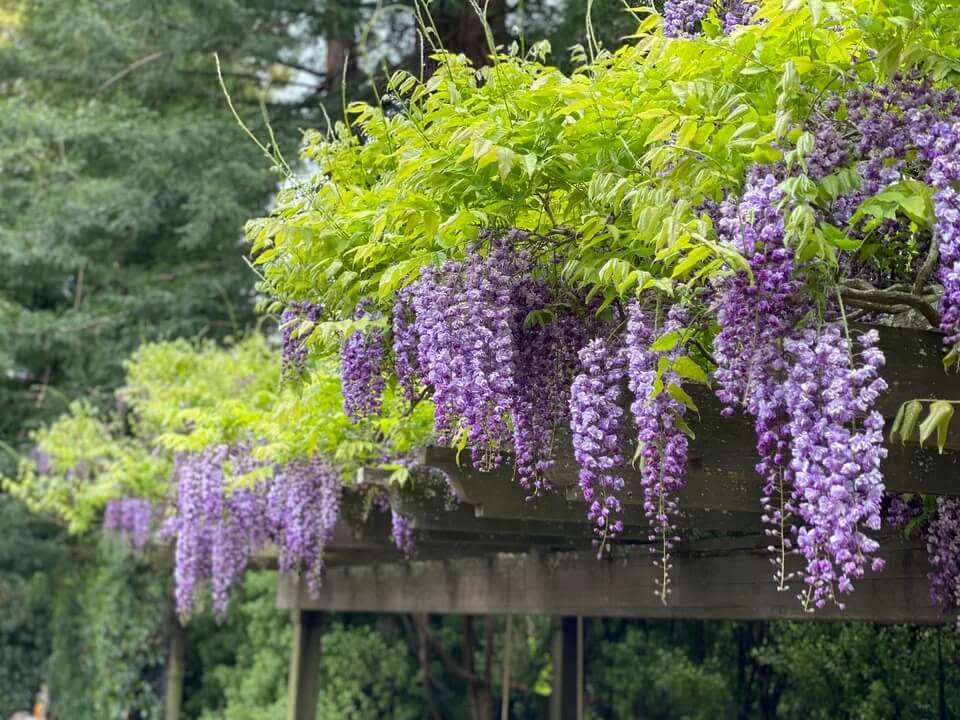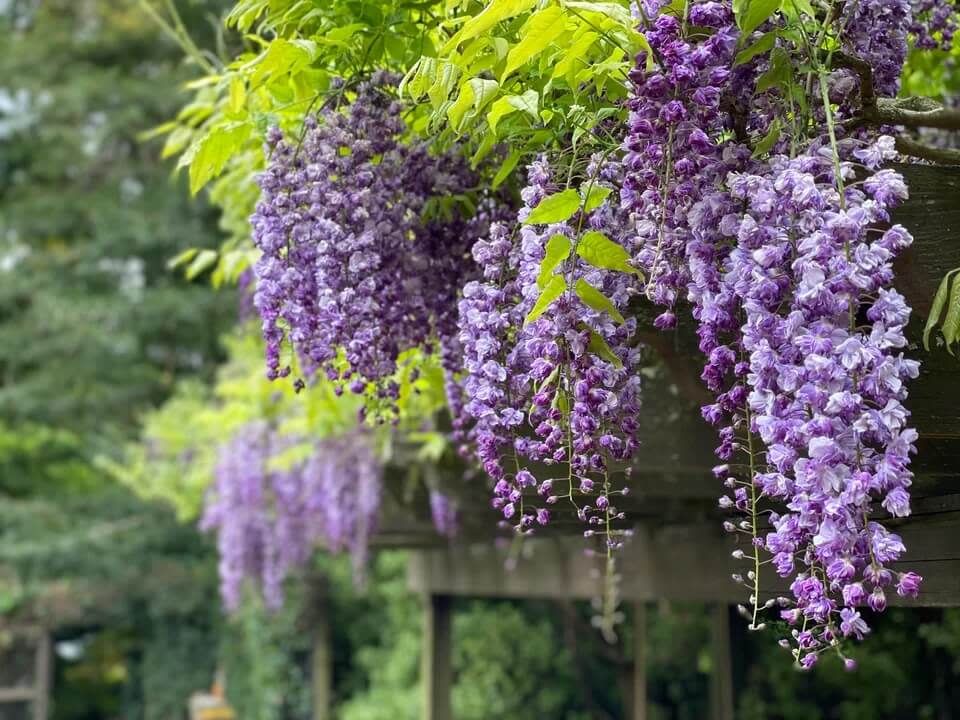Gardener receives flood of warnings after sharing love of backyard plant: ‘It is irresponsible gardening’
A gardener was inundated with warnings after they posted about “the beauty that is wisteria.”
The Redditor shared three photos of the beautiful but malevolent plant from their formal garden, noting it was “meticulously pruned.”


Commenters sounded the alarm, pointing out that Chinese and Japanese species of wisteria are invasive; the species native to the United States are American and evergreen wisteria. The invasive varieties outcompete native plants by smothering them or shading them out and can kill trees by girdling, damaging local ecosystems.
“For the love of God stop planting this monstrosity if it’s not native to the region you’re planting it in or if it’s listed as invasive to your region,” one user wrote. “It is irresponsible gardening. Birds etc take the seeds and spread them in the woods where they will wreak havoc on the ecology of said woods.
“I’ve been fighting this stuff for four years in my parents backyard. It’s pretty until it’s all your shovel hits come planting time. NOT WORTH IT!”
The poster stated the plant hadn’t “destroyed a thing” in its 59 years and that they had the time to manage it.
“Wisteria can propagate through seed,” another user countered. “Even the most responsible gardener cannot prevent it from escaping cultivation when the seeds get carried away in the wind or eaten by birds and pooped out into the wild or washed away into a storm drain, carried to a nearby stream, and transplanted onto its bank.
“That’s literally why it’s invasive — it can enter the wild unintentionally. Then it out-competes native plants because it has no natural predators outside of its native climate.”
Aside from threatening, damaging, and killing native species, wisteria can also devastate your home by creeping through cracks and crevices, sneaking under roofing, and even breaking windows.
It’s a menace akin to English ivy — which took one Virginia homeowner nearly three full days to eradicate — or Bradford pear trees — which are earning North Carolinians who chop them down free native trees.
Instead of babying invasive species, gardeners can turn to native plants, which save time and money on maintenance, conserve water and lower water bills, and create healthier ecosystems for pollinators and other wildlife.
“I have pics of Japanese wisteria vines completely dominating old growth forests around me,” one commenter said. “Literally 100 ft+ trees felled by the Japanese and Chinese ones. (They’re fine if they’re in those regions, mind you).”
Another wrote: “Wisteria Sinensis and Floribunda are devastating North America. It’s not cute to not consider what’s going on outside of your own property when planning a garden. Some people like a small fire in the back, but not if it’s burning down the forest.
“Responsible gardening involves research. Please, please, please, please… please… consider what you plant in your yard and how it effects the ecology of your region.”
Join our free newsletter for easy tips to save more, waste less, and help yourself while helping the planet.
